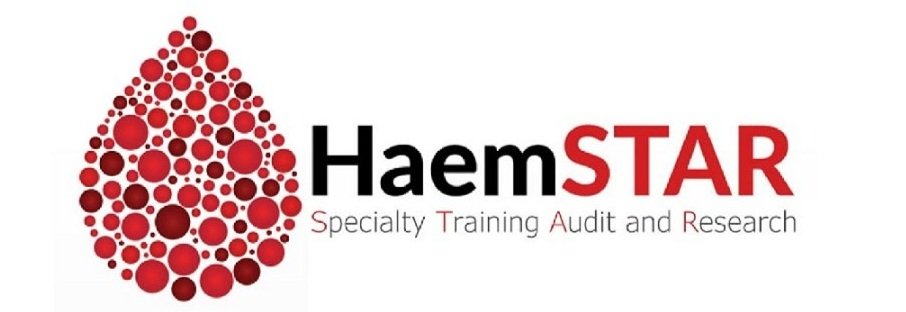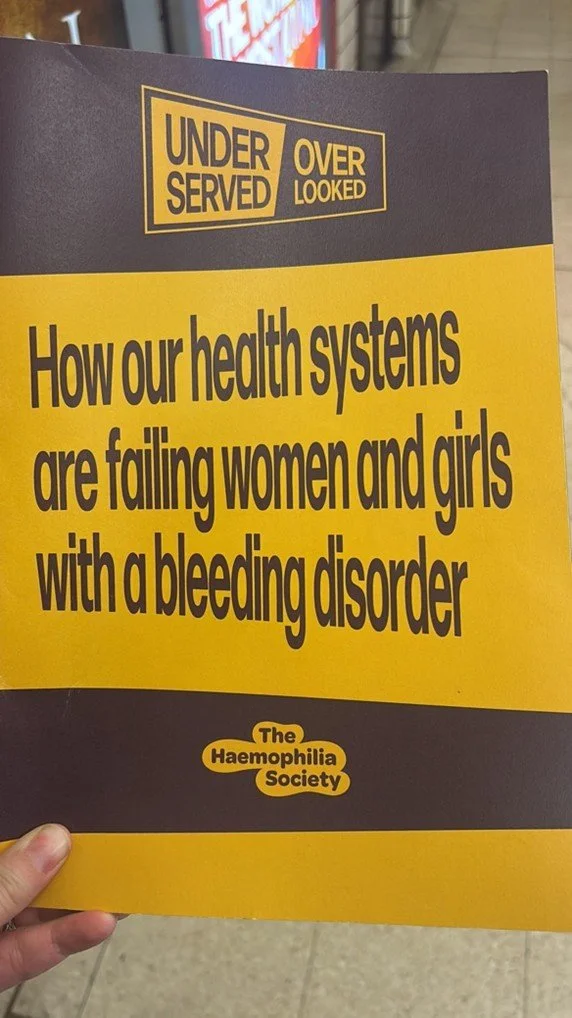This month, I’ve been listening to a brand new audiobook that gives a unique take on human evolution. Cat Bohannon’s ‘Eve, How The Female Body Drove 200 Million Years of Human Evolution’, is a fascinating exploration of mammalian development that puts women at its centre.
It’s full of those “Oh wow!” moments and really changes your perspective. It begins with explaining how medical research is dominated by experimentation on males - male rodents are used as controlling for menstrual cycles is difficult, and makes science more expensive. She goes on to talk about the evolution of milk - did you know that egg laying mammals like the platypus don’t have nipples, with milk instead just sort of oozing from the torso. Nipples make feeding a lot more efficient.
Perhaps the most powerful idea is pinning the success of hominin species on the practice of gynaecology. She includes a whole range of practices under the gynaecology umbrella - from peer-assisted birth, to how primates seek out plants to consume that reduce fertility or induce miscarriage.
The high prevalence of iron deficiency
A renewed focus on women’s health that transcends medicine is long overdue and this is certainly true in haematology. Take iron and anaemia for example, women and girls are much more likely to suffer iron deficiency, which is poorly treated and impacts quality of life. Writing in JAMA earlier this year, Angela Weyand and colleagues found the overall prevalence of iron deficiency (ferritin <25 ng/mL) in American women and girls from age 12 to 21, was 39% and, 17% (ferritin <15 ng/mL) and 78% (ferritin <50 ng/mL. The overall prevalence of iron deficiency anaemia was 6.3% (Hb <12g/L). Iron deficiency, even without anaemia, can cause symptoms including tiredness and poor quality of life.
This got me thinking. What’s the evolutionary perspective on this? Has nature selected for iron deficiency - is this such a difficult problem to tackle?
Tonsillitis
My wife recently had a bout of tonsillitis. It left her in bed for three days with fever and horrible pain. Curiously, she’s not supposed to have any tonsils as they were removed when she was a kid. Nevertheless, when she was seen by the emergency out of hours service, strep throat was diagnosed and she was given some antibiotics. I’ve no doubt that these were necessary, and she quickly recovered.
This came out of the blue and I started thinking about how this came about. We had spent the preceding Sunday at a kids’ party in a soft-play – well known melting pots of disease. She’s otherwise a healthy 30-something, just a touch iron deficient probably because a) she’s a woman, and b) she’s had two children in the last three years and is breastfeeding the youngest. She started taking oral iron supplements again a couple of weeks before this came on.
Rates of iron deficiency around the world can be even higher than in the JAMA paper. Globally, anaemia affects 30% of women, and 40% of children rising to 60% in Africa. The vast majority of this is caused by iron deficiency. If you’re interested, there are loads of statistics on the WHO website.
Is this all nutritional? This is certainly a major causative factor. But even so, humans have evolved to thrive with scarcity of resources. It doesn’t make sense that iron deficiency should be so common unless it exerts a survival advantage in certain conditions.
Evolution and menstruation
We have evolved curious traits that, if we just think of iron deficiency as being bad, make no sense. For example, the volume of blood lost in menstruation varies widely among different species. Humans lose a lot of blood- an average about 80 ml.
This is really rare in mammals - only a handful lose this amount of blood. Most mammals simply reabsorb the material. There are a few possible explanations for this trait.
One, which has been discredited, is that this is a mechanism of cleansing the reproductive tract but there’s no evidence that more pathogens are present before or after menstruation. Another crap theory is that women synchronise periods so that all the men can get busy doing “other stuff” for that week.
“Bloodsucking demon foetuses”


































